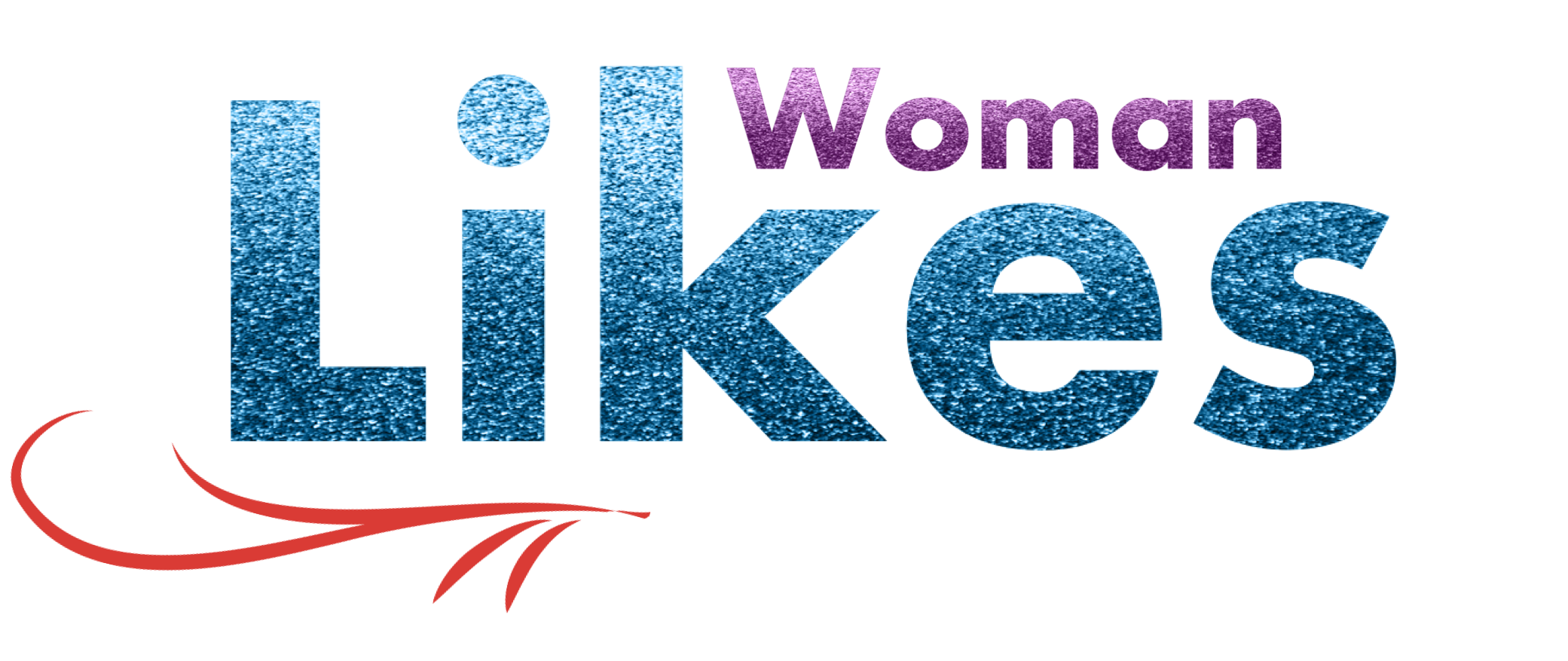
The word “woman” has many connotations. In the past, it has referred to a person’s internal understanding of her gender and social constructs. “Woman” includes transgender women, and assumes that any human can identify as female. However, women are much more than their genitals. This article explores some of the nuances of the word “woman.”
Women are adult female human beings
The term “woman” refers to adult female human beings. Before reaching adulthood, a female human being is called a “girl”, “female child,” or adolescent. The term “woman” is used generally, and sometimes in disparaging ways. However, “woman” is a complex concept and has many meanings. Here’s a breakdown of the terms’ uses and origins.
Although this notion is often presented as an orthodoxy in the sciences and literature, it is rarely considered in philosophy. Usually, adults adopt this belief without question, and present it as unquestionable ‘truth.’ This view is based on a social construct, rather than a biological category, and appears to be an analytic truth. In the first part of this paper, I will outline arguments for the definition of a woman as an adult human female, and in the second section, I will address the objections.
They do not have genitals
A small group in Liverpool has a campaign that says women do not have penises. The group is placing stickers on statues of artist Anthony Gormley. The artwork, Another Place on Crosby Beach, is a perfect example of their message. However, it is not clear if the campaign will be effective. In some ways, it is a clever attention-grabbing stunt, but its effectiveness will depend on the definition of a woman.
While theological views generally accepted that the body would return to the next life with genitals, there were some thinkers who thought that God would perform corrective surgery on hermaphroditic bodies. Despite this long history, it’s important to note that intersex persons bear the scars of centuries of cultural assumptions about their humanity. As an intersex person, you bear witness to the confusion caused by cultural gendering. Western cultures have traditionally understood gender as being either male or female, based on genitalia classifications. Infants are caught up in this culture’s narratives and stereotypes.
They have self-respect
There is a difference between girls and women who have low self-respect. Girls have low self-esteem when they think they’re a failure. Women with low self-esteem often talk about failure and prime themselves for that outcome. They tend to follow others’ opinions, and they’re willing to do whatever they have to do to avoid rejection. This type of behavior doesn’t translate to likeability, either. It’s important to remember that women with high self-esteem don’t feel this way about themselves, and it’s not something that translates to likability.
They are pioneers of nation
In the eighteenth and nineteenth centuries, women were a powerful driving force in the United States. According to Nancy Beach, the temporary curator of the Anna Palmer Museum in York, NE, women were vital in holding families together and persevering through adversity and isolation. During this time, women were pioneers as well. In 1951, Phoebe May Hopper, a professor at Nebraska Wesleyan University from 1901-1938, published a book called Little Pioneer’s Parents, which depicted the life of her mother Kate.
They are the greatest human resource
According to John.F.Kennedy, the human mind is the fundamental resource for any company. This insight is backed by several studies. Women are marked higher on emotional intelligence tests and patience tests than men. They are also known to be punctual, perfectionist and able to motivate people. As a result, they make excellent human resources managers. This has made them a highly desirable resource for companies. But, why are women HR professionals so important?
The first HR role was primarily performed by welfare workers. These women took care of children and women in the workplace. As wars raged around the world, HR roles expanded to include recruitment and training. Today, HR professionals focus on women and are referred to as a company’s greatest resource. Abby Perkins is a managing editor of Talent Tribune and an avid Twitter user. She also has a LinkedIn and Google+ account.







